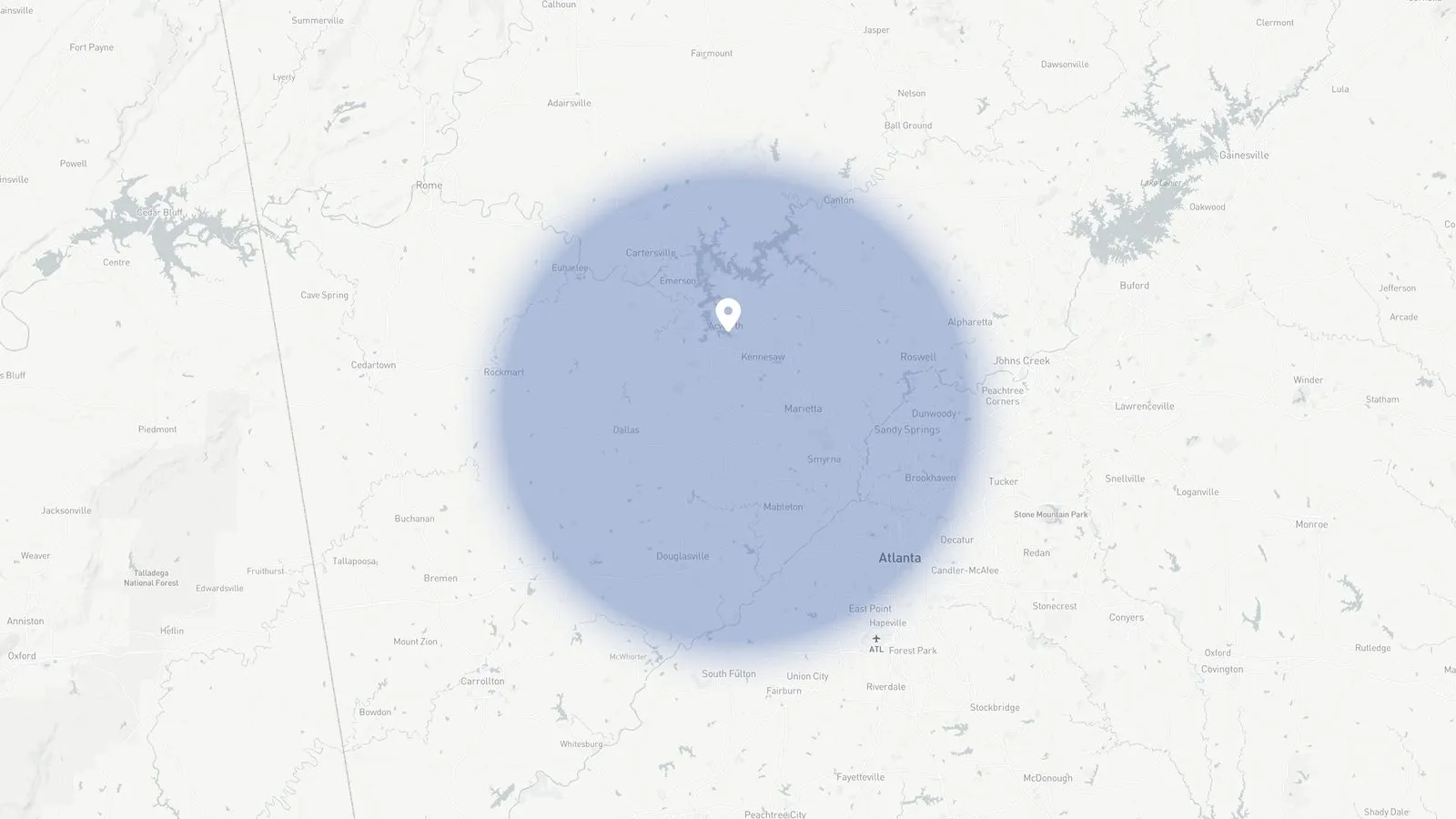
Heat pumps are becoming more popular options for home comfort than ever before. They work as both heating and cooling systems and have high energy efficiency in the heating mode which makes them excellent energy savers compared to many furnaces. These all-electric systems can not only help homeowners with year-round comfort and savings, but also benefit the environment thanks to their efficiency.
There is a drawback to heat pumps, however: with extremely cold temperatures, they will lose energy efficiency. This is why dual fuel systems exist—heat pumps that have a “workaround” when it comes to heating during the coldest days. You may benefit from having an installation of a dual fuel system in Acworth, GA, so we’ll explain exactly what these comfort systems do.
The Heat Pump Dilemma
First, let’s look at why heat pumps can have trouble in extreme cold. A heat pump is a type of refrigeration system that works similarly to an air conditioner. In cooling mode, it works exactly like an AC, drawing heat from inside a home and dumping it outside. In heating mode, it simply switches direction so that it draws heat from outside and moves it into the house. There’s usually plenty of heat available on the average cold day for the heat pump to work well in heating mode. But if the temperature drops below freezing, the heat pump will struggle to draw on enough outdoor heat, and that’s why it will lose energy efficiency.
A Heat Pump + A Backup Heat Source
A dual fuel system is essentially a heat pump that has a backup source of heat energy for situations where extreme cold would interfere with the heat pump’s efficiency. A dual fuel heat pump combines the standard heat pump operation (electrical power) with a small backup furnace (propane or natural gas).
When the outdoor temperature drops below what’s known as the economic balance point, i.e. the temperature where it becomes too cold for the heat pump to operate efficiently, the backup furnace activates and starts supplying additional heat. The heat pump won’t have to drain extra power to provide the indoor comfort necessary for the home. The backup furnace will only run as long as necessary: when the heat pump can again take over the full workload, the furnace shuts off.
Is a Dual Fuel System Necessary for Your House?
This is the big question: Is it better for you to install a standard heat pump or a dual fuel heat pump? It depends on both your local weather and your home. If a heat pump will frequently lose efficiency during the winter, a dual fuel system is the better choice. Although it means paying extra to run the backup heater, it’s still less expensive than using a heat pump alone or relying entirely on an energy-draining electrical furnace. You’ll still enjoy most of the benefits of having a heat pump.
Our experts are glad to help you with making the choice about what type of heating system is ideal for your home.
Dayco Systems has been Metro Atlanta’s choice for three generations. Contact us to learn more about dual fuel systems and to schedule service.

